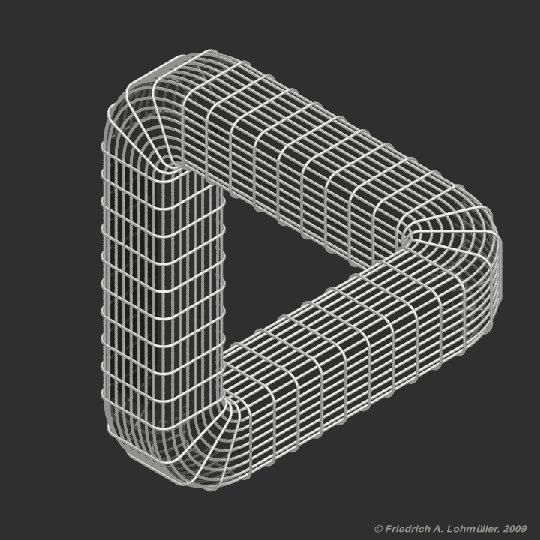Peter Merritt Dobey
About me.
I was trained as a psychoanalytic psychotherapist in Ireland and went through my own analyses in Ireland and France, in the tradition of the French psychoanalyst and philosopher Jacques Lacan. My background is in contemporary art, as well as art criticism, and I still practice as an artist and write about art. I have also had the good fortune to be able to travel and live around much of the world, and I can say with certainty that these travels and my life long love of the arts have provided me with the most important tools for thought.
I also went to art school and have been mentored by the artist Christian Boltanski since I was 20, who early on showed me that talking about ones intimate life is as important to their art as talking about art. The same works in reverse: talking about ones art is to explore ones life and unconscious desires. Boltanski, like me, did not go to school as a child and was homeschooled only on art. I believe my background, which was not confined by the social institutions of school life, give me a particularly rich insight into the minds and hearts of artists.
I came to Lacanian analysis after becoming discontent with the staleness I recognized in most American therapeutic practices and the often dehumanizing, pharmaceutical-fueled practice of modern psychiatry. I am not a psychologist or a psychiatrist, though I keep up with the literature of these fields. I have chosen to practice as a life coach because it offers a flexibility that I believe is necessary to practice in the dynamic psychoanalytic tradition of Jacques Lacan.
Psychoanalysis for Artists is a practice that recognizes that we no longer live in Freud's time, and as such the clinical practice must be different. I do not find the duration of Freudian analysis, or the cost, to be in line with how we think and behave today, but I find the underlying principles of Freud to be more relevant than ever. In a time when our thoughts are everywhere and nowhere simultaneously, we need to accept that our identities are not static, but flexible, and not at all what we might believe them to be. Our thoughts and emotions are amalgamations of language that we can only come to terms with when we relinquish our insistence that they are completely ours.
Lacanian analysis is a very different experience than going to most psychologists, therapists, or other life coaches. For example, I will not tell you how to live your life, nor will I ever make diagnoses, as these ways of thinking are antithetical to the psychoanalytic understanding that you already have your own solution. Often, the language of that solution only needs to be heard in order to be consciously realized and put into action. I will help you identify and define this language. To put it simply, I help you help yourself.
Lacanian analysts do not believe in a one-size-fits-all standard of happiness, intelligence, morality, ability, sexuality, or any other aspect of mental life or human behavior. I follow this line of thinking and believe each person is radically subjective, with one's own particularity of desire guiding their life. The one assumption I do hold however, is that Lacanian analysis is an incredibly versatile practice, and the way its treatment takes shape is always in relationship to the unconscious desire of the individual.
The only thing my practice demands is that you never lose sight of what you really, truly desire.
Interview of me as artist: http://artwrit.com/VOL3/08.html

